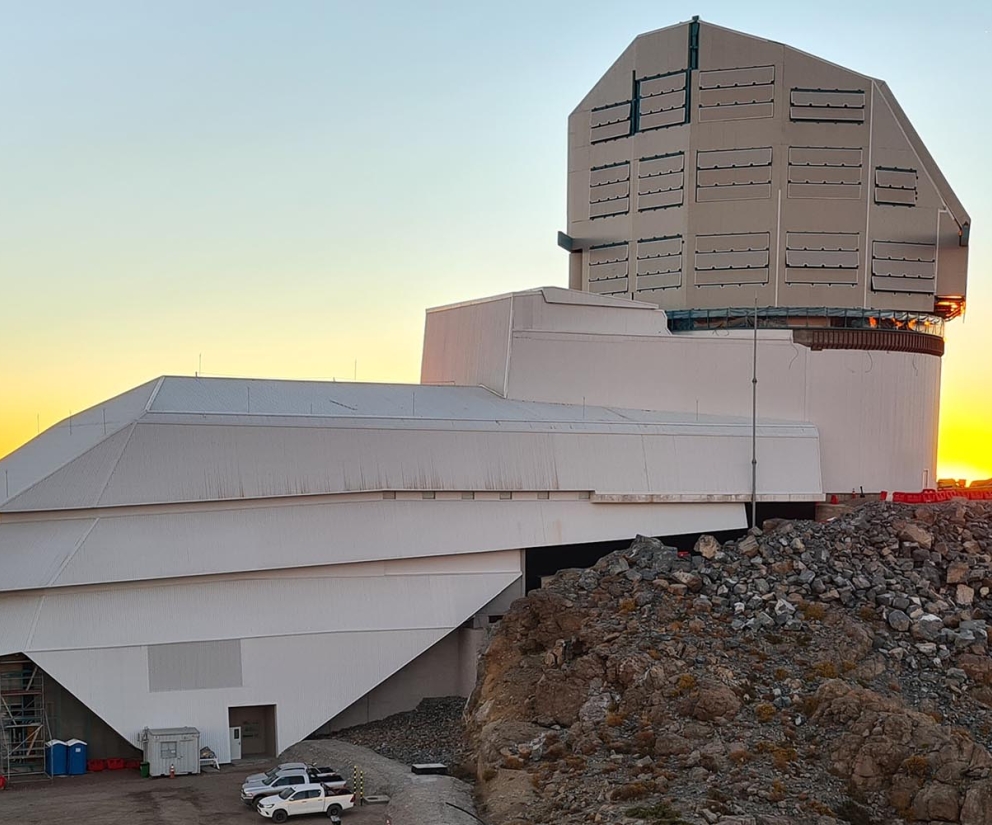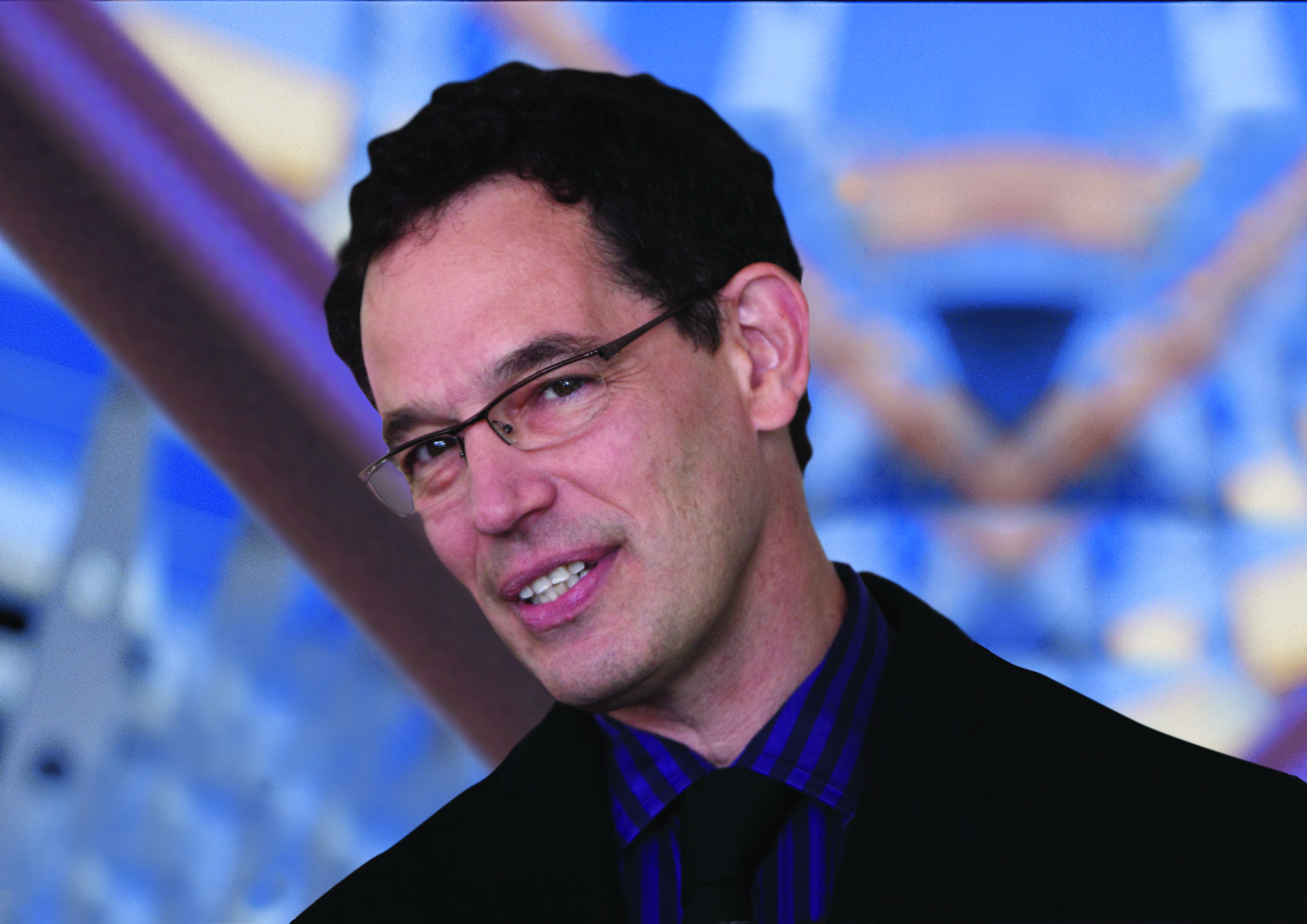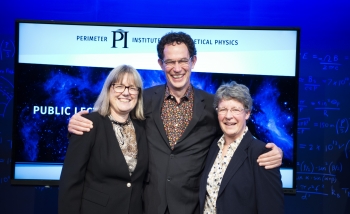Neil Turok Appointed to Canada's Science, Technology and Innovation Council
The Honourable Tony Clement, Canada’s Minister of Industry, announced the appointment of six new members, including PI Director Neil Turok, to the Science, Technology and Innovation Council (STIC), the government's advisory body on science, technology and innovation issues.
“These talented Canadians come from the public, private and academic sectors. They have the broad range of experience that is essential to advise the government on science and technology matters of national importance,” said Minister Clement. “I am pleased they have agreed to serve on the Council and am certain their contributions will advance the government's innovation agenda.”
In addition to Neil Turok, Director of Perimeter Institute for Theoretical Physics in Waterloo, Ontario, the other appointees include David Agnew, President of Seneca College in Toronto, Ontario; Louis Levesque, Deputy Minister of International Trade; Dr. Simon Pimstone, President and Chief Executive Officer of Xenon Pharmaceuticals in Burnaby, British Columbia; Dr. Indira Samarasekera, President and Vice-Chancellor of the University of Alberta in Edmonton, Alberta; and Glenda Yeates, Deputy Minister at Health Canada.
Members are selected to cover many sectors of the Canadian economy and have varied competencies and areas of specialization. In thanking all past and future members for their public service, Howard Alper, Chair of STIC, said, “It is through your contributions that STIC has been able to meet the challenge of providing strong integrated advice to Ministers on complex questions of national importance… Our advice has been considered relevant, timely, and valuable in shaping the priority S&T policies and programs of government.”
ABOUT STIC
The government established STIC in 2007 as a single, integrated advisory body. Its twofold mandate is to provide timely advice on critical issues of science, technology and innovation and to produce regular reports benchmarking Canadian science, technology and innovation performance against international standards of excellence. The Council is composed of a chair and 17 members, of which 15 come from outside government. The Council’s work is supported by a Secretariat housed within Industry Canada.
ABOUT NEIL TUROK
Dr. Neil Turok moved to the Perimeter Institute for Theoretical Physics in October 2008 as its new Director. Dr. Turok earned his PhD at Imperial College. After a postdoc in Santa Barbara, he was appointed Associate Scientist at Fermilab before moving to Princeton where he became Professor of Physics in 1994. In 1997, he was appointed to the Chair of Mathematical Physics in the Department of Applied Mathematics and Theoretical Physics (DAMTP) at Cambridge University. Among his many honours, he was awarded Sloan and Packard Fellowships and the 1992 James Clerk Maxwell medal of the UK Institute of Physics. Dr. Turok has worked in a number of areas of theoretical physics and cosmology, focusing on developing fundamental theories and new observational tests. In the early 1990s, his group showed how the polarization and temperature anisotropies of the cosmic background radiation would be correlated, a prediction confirmed in detail by recent precision measurements. Most recently, with Paul Steinhardt at Princeton, he has developed a cyclic model for cosmology, according to which the big bang is explained as a collision between two “brane-worlds” in M-theory. Steinhardt and Turok co-authored the popular science book Endless Universe: Beyond the Big Bang. Born in South Africa, Dr. Turok founded the African Institute for Mathematical Sciences (AIMS), which opened in 2003. Dr. Turok was recently awarded a prestigious TED Prize and a “Most Innovative People” award at the 2008 World Summit on Innovation and Entrepreneurship (WSIE).
Further exploration
About PI
Perimeter Institute is the world’s largest research hub devoted to theoretical physics. The independent Institute was founded in 1999 to foster breakthroughs in the fundamental understanding of our universe, from the smallest particles to the entire cosmos. Research at Perimeter is motivated by the understanding that fundamental science advances human knowledge and catalyzes innovation, and that today’s theoretical physics is tomorrow’s technology. Located in the Region of Waterloo, the not-for-profit Institute is a unique public-private endeavour, including the Governments of Ontario and Canada, that enables cutting-edge research, trains the next generation of scientific pioneers, and shares the power of physics through award-winning educational outreach and public engagement.





